Masterclass on Mitigating Illegal Wildlife Trade
Dan Challender and Amy Hinsley, Fellows at the Oxford Martin Programme on Wildlife Trade, have curated a Masterclass in Mitigating Illegal Wildlife Trade.
This is a new online course which will run over a period of six weeks in May and June 2025 and is targeted at practitioners, researchers, and policymakers in West Africa.
Learn more and apply
deep dive into the wildlife trade
The use and trade of wildlife is vast and complex. There is now a growing call for stronger scientific evidence to inform interventions and deliver more tangible success in retaining and enhancing the wildlife trade’s legitimate benefits whilst fighting illegal and unsustainable trade.
Read the Featured ArticlePosition statement: Managing wildlife trade in the context of COVID-19 and future zoonotic pandemics
There is strong evidence that zoonotic disease emergence is linked to human activities which bring wildlife, domestic animals and humans into increasingly intense contact. To minimise the risks of future zoonotic outbreaks, whilst also protecting wildlife, ecosystems and human well-being, we need to rebalance our relationship with nature, using an evidence-based approach to manage the risks associated with global food systems.
We recognise that trade in some wild species represents a risk to public health. However, we express concern at the dominant discourse which focusses solely on the links between zoonosis emergence and wildlife trade and caution against a blanket approach to wildlife trade regulation. Instead, we advocate for a more nuanced and evidence-based approach which could better serve both people and wildlife.
Read our recommendationslatest news
View allWildlife trade researchers call for reforms to keep polarisation from tearing CITES apart
Researchers from the Oxford Martin Programme on Wildlife Trade, as part of an international team from nine countries, are calling for change to prevent polarisation on trade regulations for iconic species from causing irreparable damage to CITES, the Convention on International Trade in Endangered Species of Wild Fauna and Flora.
Wildlife Trade researchers urge reforms to global regulations as CITES turns 50
Researchers from the Oxford Martin Programme on Wildlife Trade have evaluated the effectiveness of the Convention on International Trade in Endangered Species of Wild Fauna and Flora (CITES), asking whether it is solving the problem for which it was designed.
Wildlife trade researchers aim to better represent diversity of traded species
A co-director from the Oxford Martin Programme on Wildlife Trade was lead guest editor for a special issue of a Wiley journal that aims to broaden wildlife trade discussions and better represent the diversity of traded species.
UK hunting trophies law 'would cause more harm than good'
Researchers from the Oxford Martin Programme on Wildlife Trade and the University of Oxford’s Department of Biology have reported findings from a study into the UK’s role in the international hunting trophy trade, and indicated that previously proposed legislation to regulate the trade would need significant reform.
Keep up-to-date with news and developments from the Oxford Martin Programme on Wildlife Trade.
Join the mailing listThe Trading Ideas newsletter provides space for everyone working on wildlife trade to share information.
Find out more or subscribePublications
View all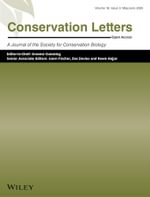
Resolving Uncertainties in the Legality of Wildlife Trade to Support Better Outcomes for Wildlife and People
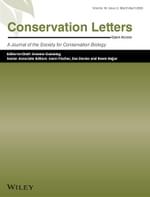
Protect the Integrity of CITES: Lessons From Japan's IWC Withdrawal to Keep Polarization From Tearing CITES Apart
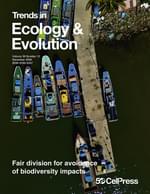
Fair division for avoidance of biodiversity impacts
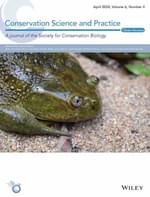
Incentivizing pangolin conservation: Decisions at CITES CoP19 may reduce conservation options for pangolins
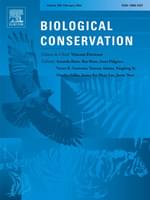
Evaluating the performance of conservation translocations in large carnivores across the world

Flagship individuals in biodiversity conservation

